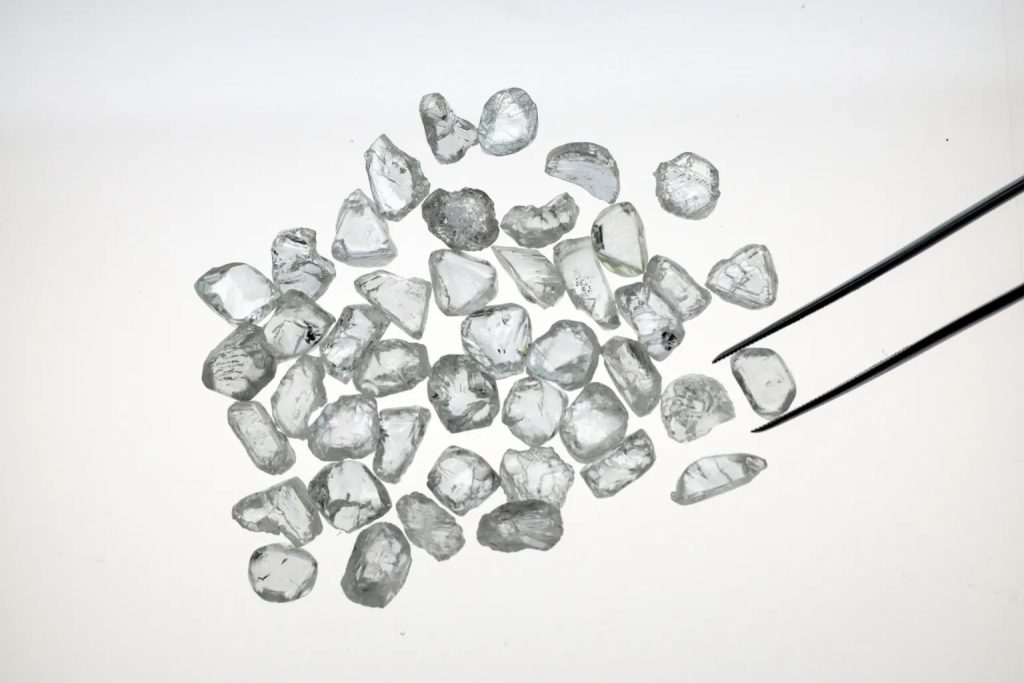
De Beers decided to call time on offering lab-grown diamonds for engagement rings even as the man-made alternatives continue to cannibalize demand in one of the company’s most important markets.
After vowing for years that it wouldn’t sell stones created in laboratories, in 2018 De Beers reversed that position and only this year started testing sales of the diamonds in the crucial engagement-ring sector.
The diamond industry leader said Wednesday that the trial showed that it wasn’t a sustainable market.
De Beers’ move comes as the kinds of stones that go into the cheaper one- or two-carat solitaire bridal rings popular in the US have experienced far sharper price drops than the rest of the market, with the lower-cost lab-grown competition seen behind the collapse.
De Beers has said the current weakness is a natural downswing in demand after the pandemic, with engagement rings particularly vulnerable. The company concedes that there has been some penetration into the category from synthetic stones, but doesn’t see it as a structural shift.
Lab-grown diamonds — physically identical stones that can be made in matter of weeks in a microwave chamber — have long been seen as an existential threat to the natural mining industry. Proponents say they can offer a cheaper alternative without many of the environmental or social downsides sometimes attached to mined diamonds.
While the price of some natural stones used in lower-quality engagement rings have plummeted in the past year, the fall in lab-grown prices has been even steeper. De Beers has said it expects lab-grown prices to continue to decline as more supply comes into the market
Retailers would need to double the number of lab-grown carats they sell every two years, just to maintain profits, De Beers said.
Source: dailymaverick.co.za